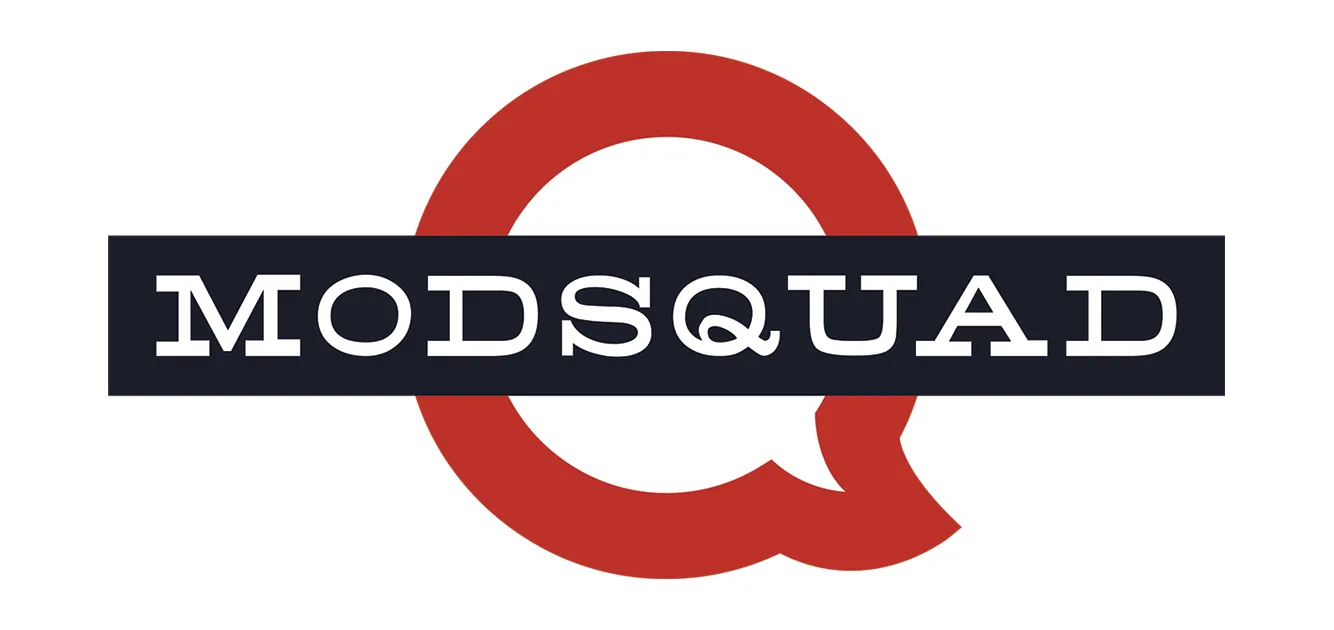
Crafting Your Social Media Policy
By Sanya Weathers
Let me get the obvious bit out of the way first: “Closing your eyes and hoping for the best” is not an effective social media policy. Yet, if your company has fewer than 20 people, chances are good that I have just described your official stance towards employees using Twitter, Facebook, and web forums. There’s something about a small company that makes executives reluctant to have a plan in this area, as if planning for a worst case scenario will kill the magical good judgment fairy.
Au contraire, y’all. The perfect time to set up your policy is when your team is small. As you grow, new employees will simply accept the rules as the way your company does business, and there will be no silly exceptions to the rule like “good ol’ Fred, who has been with us since the beginning and we trust him.”
You know what you can trust Fred to do? You can trust him to get completely plastered on tequila at the company’s tenth anniversary party (though it’s only been two years since you made any money) and livetweet the event with special attention to how much the management/product sucks now that your company is no longer four dudes and a dream.
So get your policy in place early. Here are some basic questions to ask yourself while crafting a policy that works for you:
What is the tone of your brand? You can’t set guidelines for anyone’s personal channels until you understand what you’re doing with the official channels.
What is your corporate culture like? Have you hired a bunch of people because they burst with personality? Do you pride yourself on the way everyone is welcome to speak their mind? Do you have a very strong hierarchical approach to management, preferring a chain of command method of dealing with problems? Is your client base very young or very old? There’s no wrong answer, here, but again, know thyself. If you’ve got a jolly band of pirates and a buttoned up social media policy, you’re just making problems for yourself.
Are you writing this policy and thinking of one particular employee? Don’t. A policy written to prevent one particular loose cannon from firing is like a fort built with just one wall. Put the focus back on what you’re trying to protect and your own message, not what one person says and does.
The best policy is the one that is least restrictive and still meets your goals. On Friday, I’m going to post a few policy protips I’ve picked up from years of writing these things.

